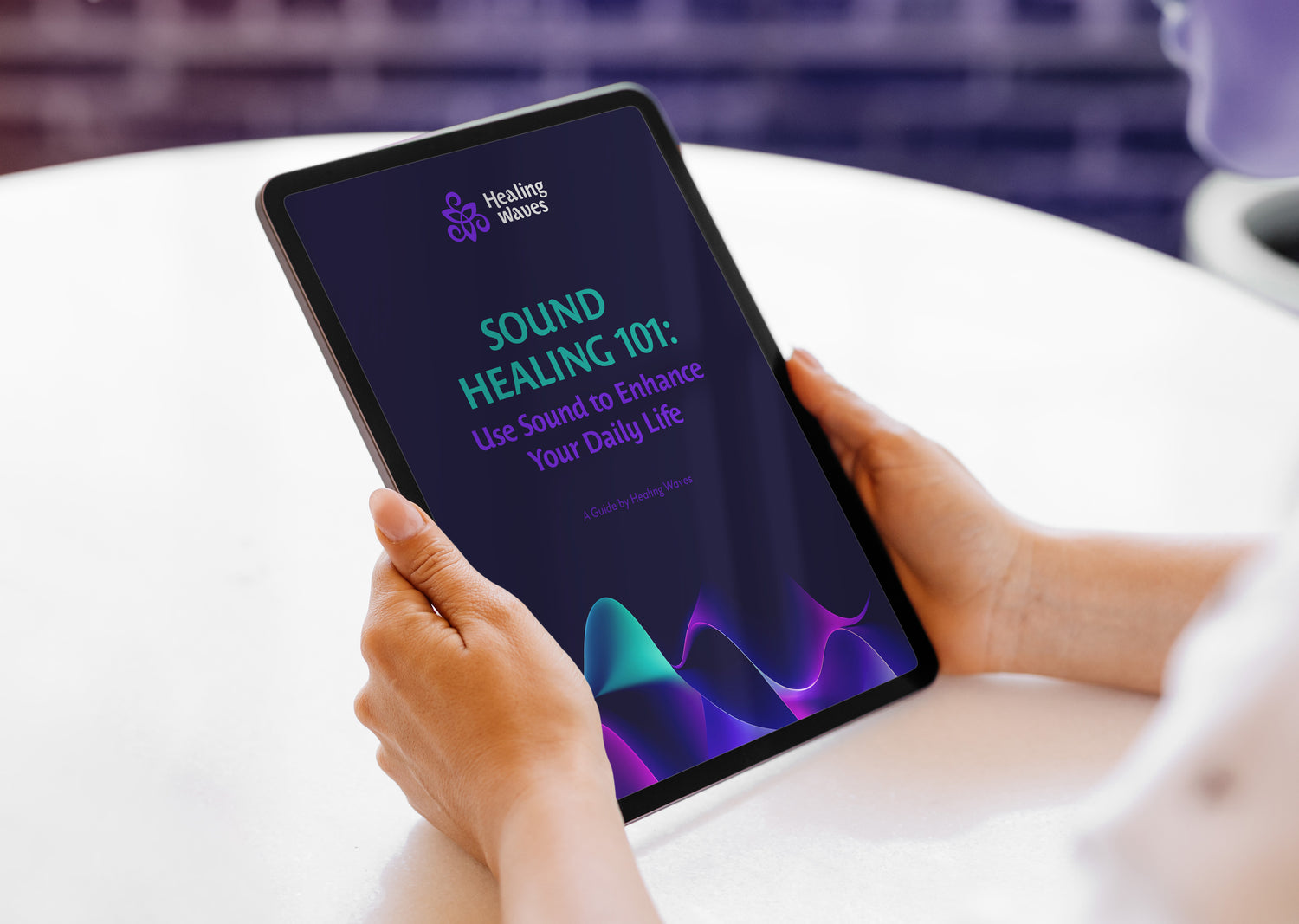Stressed out?
How do you personally deal with it?
Does stress make it harder to learn?
Defining Stress
Stress can be defined as the degree to which you are unable to cope as a result of pressures that are unmanageable. It is our body’s response to pressures from a situation or life event. Stress is a normal part of life that can either help us learn and grow or can cause us significant problems. If we don't take action, the stress response can create or worsen health problems.You can experience stress from your environment, your body, and your thoughts. Stress that continues without relief can lead to a condition called distress – a negative stress reaction. Distress can disturb the body's internal balance leading to symptoms such as headaches, stomach upset, elevated blood pressure, chest pain, and sleeping problems.
If you frequently find yourself feeling exhausted and overwhelmed, it’s time to take action to bring your nervous system back into balance. You can protect yourself and improve how you think and feel by learning how to recognize the signs and symptoms of chronic stress and taking steps to reduce its harmful effects.
“Simply let experience take place very freely, so that your open heart is suffused with the tenderness of true compassion.”
Tsoknyi Rinpoche
What are the signs of stress?
Stress can affect you both emotionally and physically, and it can affect the way you behave.
- Changes in mood
- irritable, aggressive, impatient, or wound up
- anxious, nervous, or afraid
- like your thoughts are racing and you can't switch off
- unable to enjoy yourself
- depressed
- uninterested in life
- a sense of dread
- worried about your health
- neglected or lonely.
What Causes Stress?
What's causing you stress may already be something you're abundantly aware of. But given the importance of keeping stress in check when it comes to mitigating the effects it can have on your physical and mental health, it's worth opening yourself up to the possibility that other factors may be at play, too. Craft your stress-reduction plan with all of them in mind.- Worrying about your finances and the economy
- Work
- Personal Relationships
- Parenting
- Daily Inconveniences
“Don’t try to force anything. Let life be a deep let-go. God opens millions of flowers every day without forcing their buds.”
Osho
Why do certain things make me feel stressed?
The amount of stress you feel in different situations may depend on many factors such as:- your perception of the situation – this might be connected to your past experiences, your self-esteem, and how your thought processes work
- how experienced you are at dealing with that particular type of pressure
- your emotional resilience to stressful situations
- the number of other pressures on you at the time
- the amount of support you are receiving.
How To Deal With Stress
There are some actions that you can take as an individual to manage the immediate, sometimes unpleasant, signs of stress and identify, reduce, and remove stressful factors that may cause you to feel overwhelmed and unable to cope.1. Plan and organize your time. Reflect on your values and strengths, and practice relaxation techniques such as deep breathing. Additionally, reframe negative thoughts about a situation to neutral or positive thoughts so that you can see the full picture. Research shows that these strategies and others can successfully curb stress.
2. Plan and organize your time. When you’re worried or feel your stress level rising, try to surround yourself with positive thoughts and experiences. Listen to music, watch a funny video, or call a friend who makes you laugh.
3. Meet negativity with a positive reaction. A positive attitude will keep you from slipping back into feeling overwhelmed.
4. Be observant. Recognize the signs of your body’s response to stress, such as difficulty sleeping, increased alcohol and other substance use, being easily angered, feeling depressed, and having low energy.
5. Avoid conflict. Avoid situations that make you feel stressed such as unnecessary arguments and conflict (although ignoring a problem is not always the best way to reduce stress). Assertiveness is fine but becoming distressed is not.
6. Meditate or Deep breathing. Meditation can be practiced anywhere at any time. Research has suggested that meditation can be helpful for managing and reducing the effect of stress, anxiety, and other related problems in some people. Meditation has been scientifically proven to help alleviate stress leading to a decrease in blood pressure, heart rate, and oxygen consumption. It also creates a more gradual change in the brain, which is where meditation really works its magic. The goal of deep breathing is to focus your awareness on your breath, making it slower and deeper. When you breathe in deeply through your nose, your lungs fully expand and your belly rises. This helps slow your heart rate, allowing you to feel more peaceful.
7. Listen to relaxing meditation music. Listening to meditation music can have a very relaxing effect on the body. Meditation music can induce the relaxation response by helping lower blood pressure and heart rate as well as stress hormones. Nature sounds can also be very calming. This is why they’re often incorporated into relaxation and meditation music.
“The more tranquil a man becomes, the greater is his success, his influence, his power for good. Calmness of mind is one of the beautiful jewels of wisdom.”
James Allen
8. Spend time with friends and family. Social support from friends and family can help you get through stressful times. Being part of a friend network gives you a sense of belonging and self-worth, which can help you in tough times.9. Get your rest. Feeling tired can increase stress by causing you to think irrationally. At the same time, chronic stress can disrupt your sleep. Whether you’re having trouble falling asleep or staying asleep at night, there are plenty of ways to improve your sleep so you feel less stressed and more productive and emotionally balanced. Give yourself some time to relax each day and try to spend time with people who make you feel good about yourself.
10. Exercise regularly. Regular exercise is a great way to manage stress. You should do some form of exercise that causes you to feel puffed afterward – a leisurely stroll to the bus stop is not enough! Have at least 20 minutes of exercise three times a week.
11. Eat healthily. A nutritious diet is important. Eat plenty of fresh fruit and vegetables and avoid sweet and fatty foods.
12. Enjoy your life. It’s important to make time to have some fun and to get a balance in your life.
13. Stay connected. Keep in touch with people who can provide emotional support and practical help. To reduce stress, ask for help from friends, family, and community or religious organizations.
14. Recognize when you need more help. If problems continue or you are thinking about suicide, talk to a psychologist, or professional counselor. You should seek help right away if you have suicidal thoughts, are overwhelmed, feel you cannot cope or are using drugs or alcohol more frequently as a result of stress. Your doctor may be able to provide a recommendation.
Although stress may arise in your workplace and personal life, there are many simple ways to reduce the pressure you feel. These helpful ways often involve getting your mind away from the source of stress and they will improve your overall work-life balance as well.
“Doing something that is productive is a great way to alleviate emotional stress. Get your mind doing something that is productive.”
Ziggy Marley
Stress affects us all, no matter what you have going on in your life. But not all stress is bad. It’s important to your natural fight-or-flight mechanism that allows you to act quickly in times of pressure.
Coping stress is important in juggling the many day-to-day activities of life without letting it have a negative impact on your health. There are many things you can do to prevent stress and manage unavoidable stress.
If you like this article, please leave a comment. I love hearing your thoughts.
Join our Community now, Facebook Community or Instagram Community
P.S- You Can Combine Yoga Equipment, Meditation Music or Meditation Tools to boost and to gain more from your Yoga and meditation practice.


